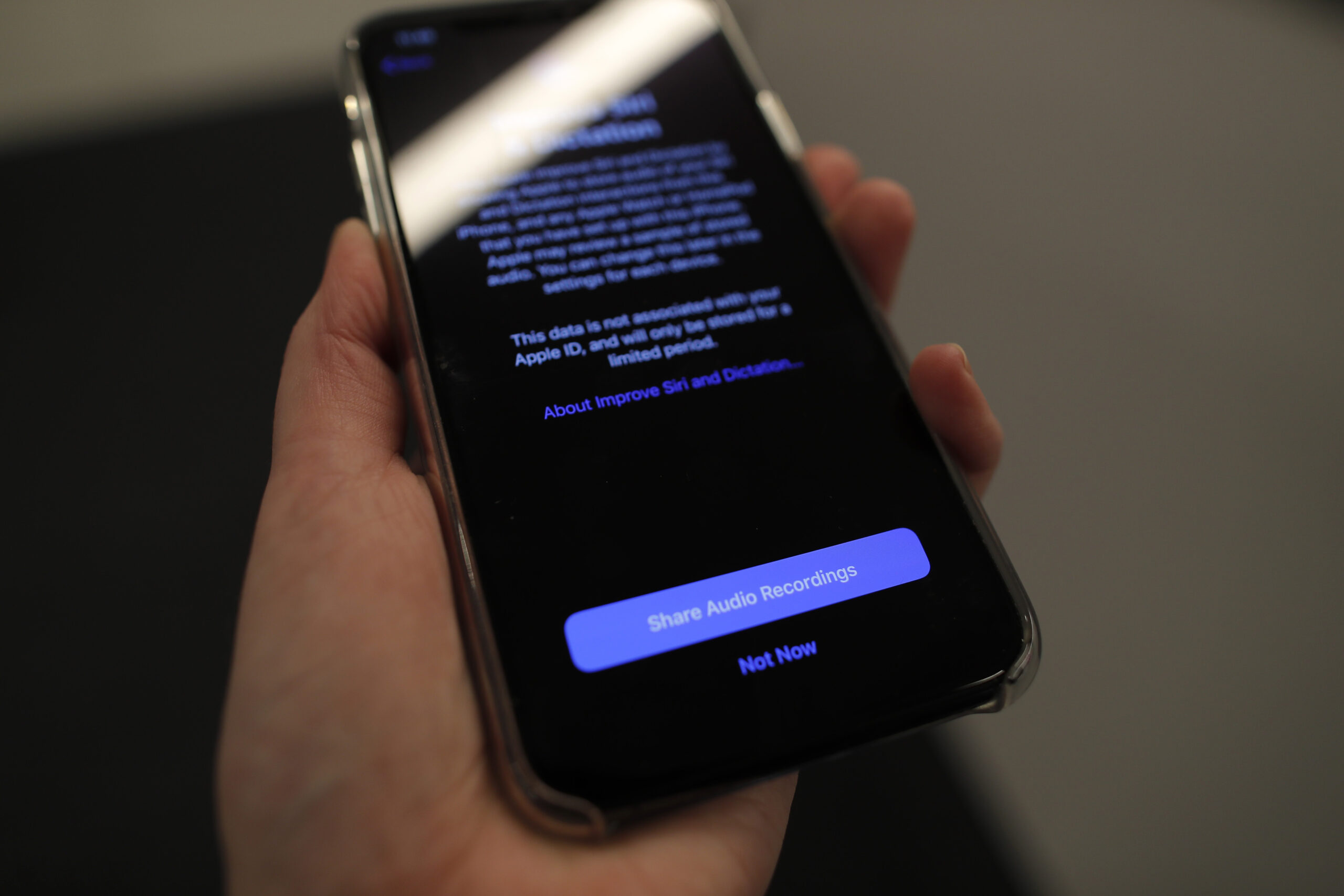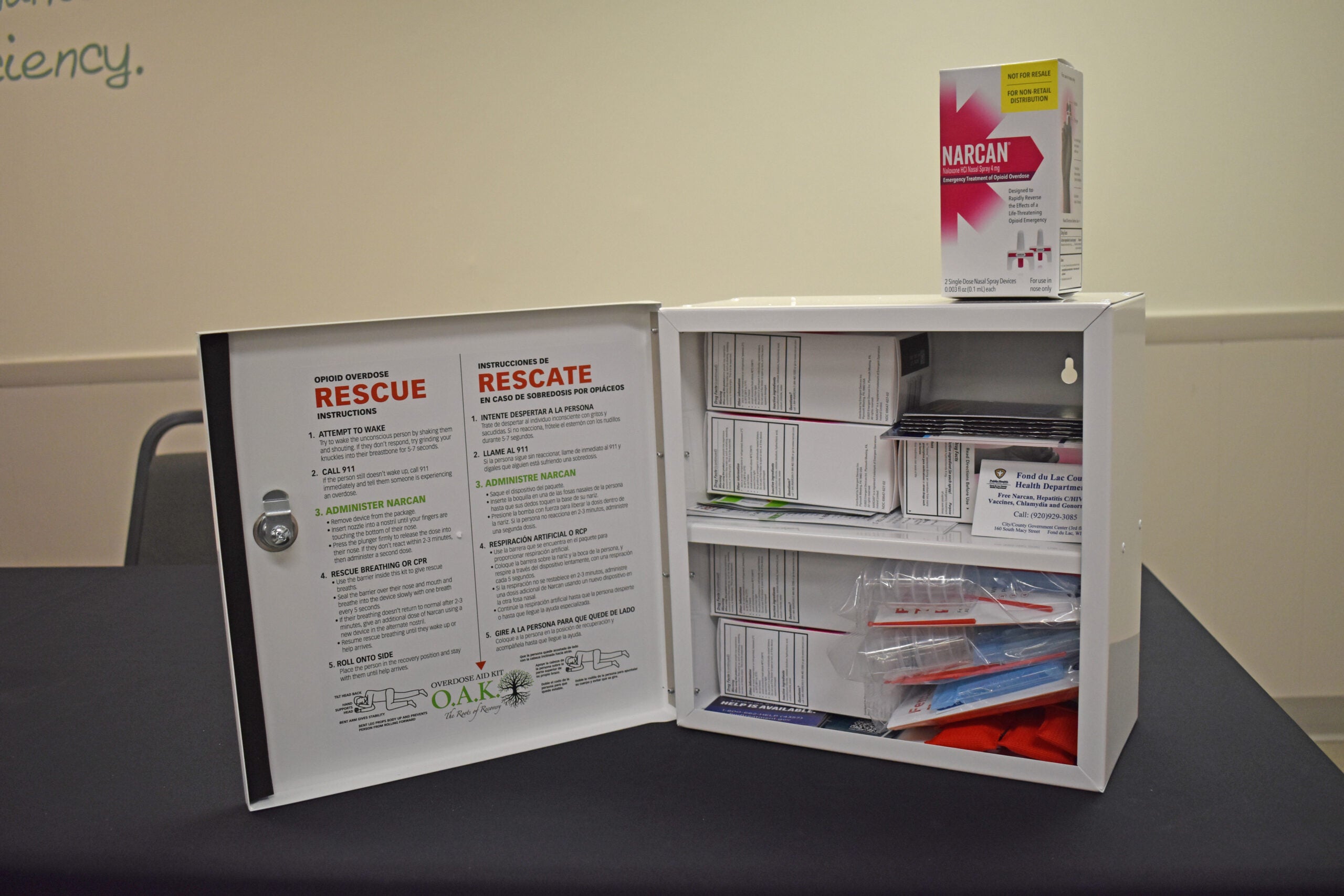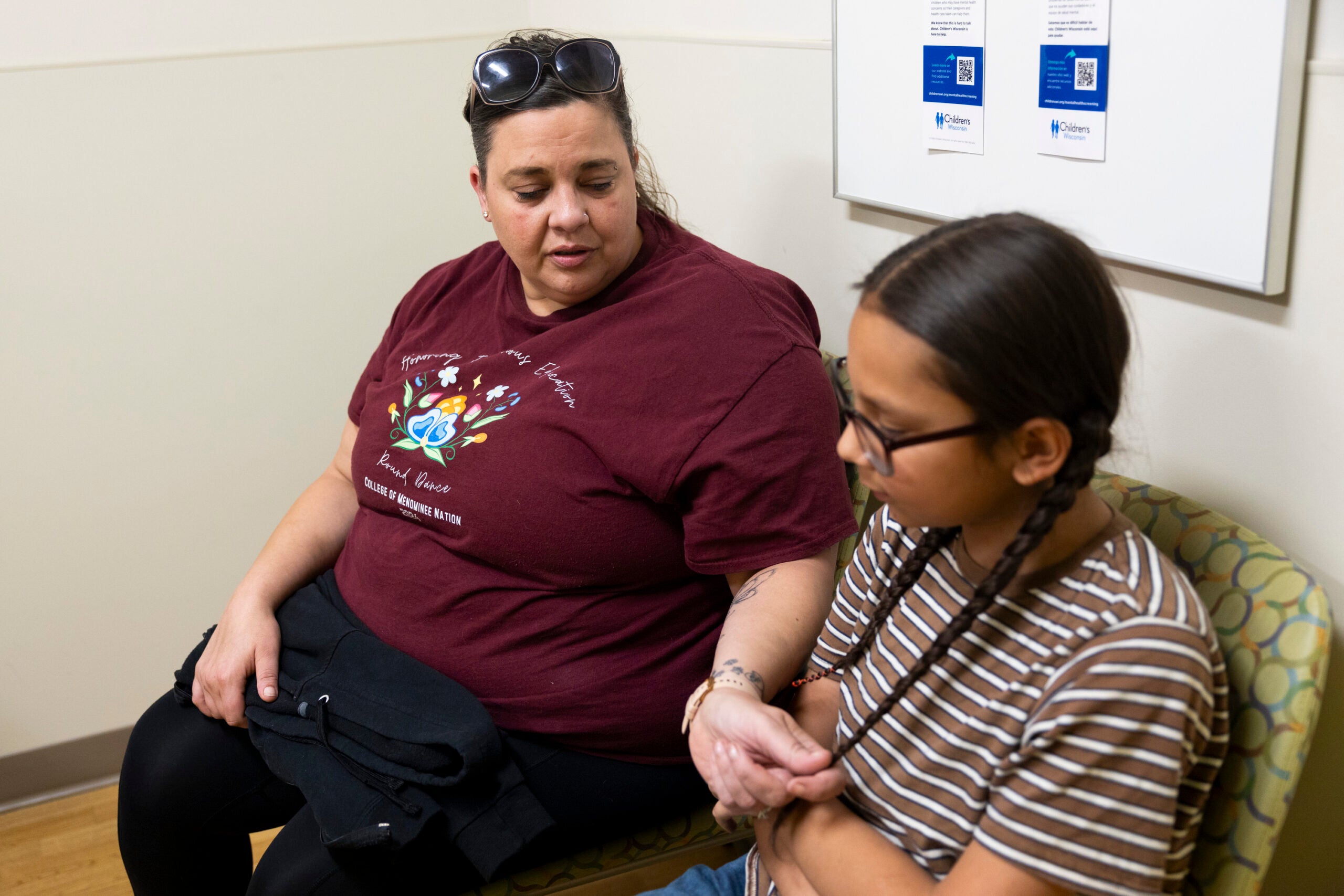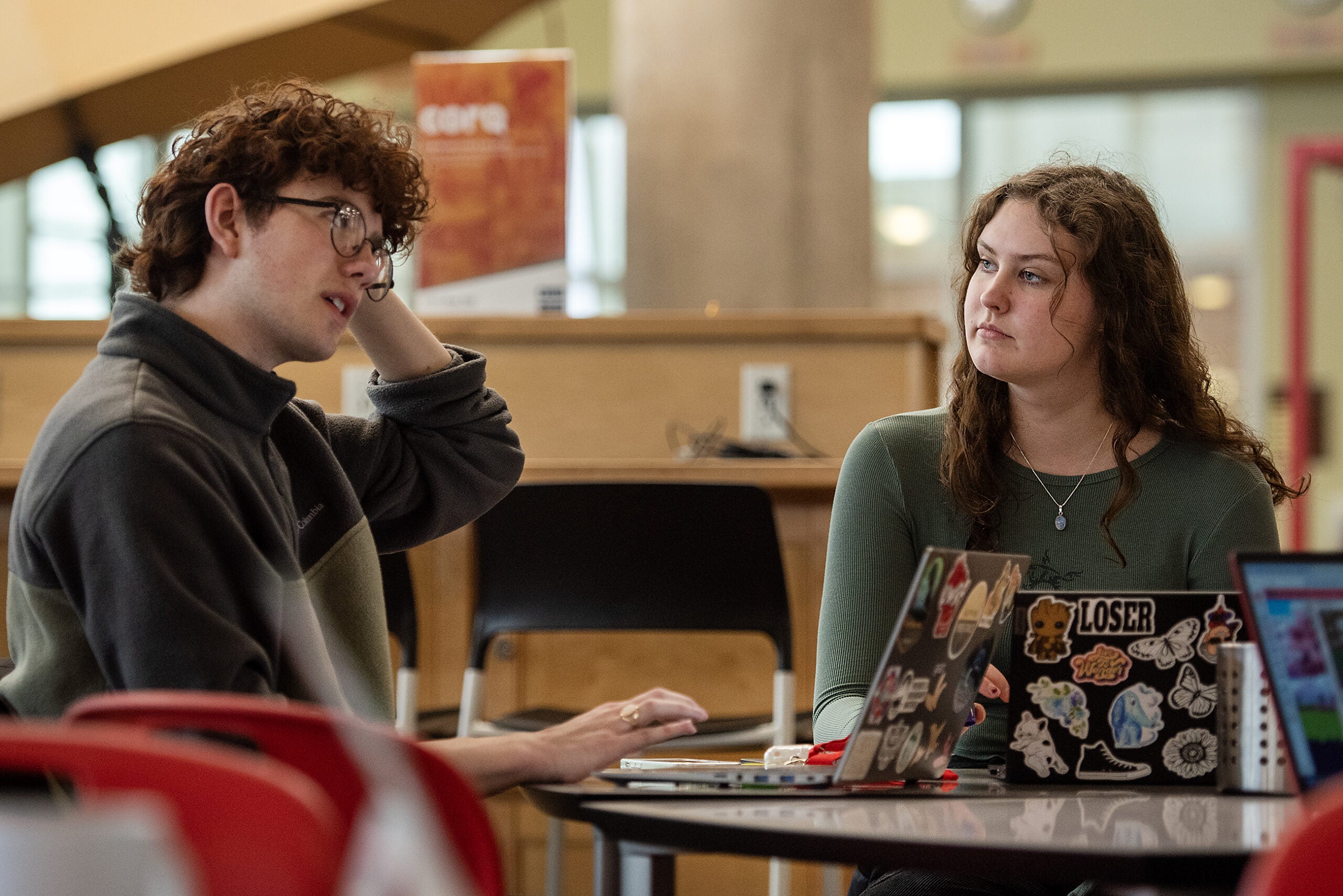Amid growing suicide rates in Wisconsin, people who experienced loss are finding more opportunities to share their stories and raise awareness about mental health.
In Fond du Lac, a death, dying, grief and bereavement specialist named Sue Mitchell Metz is one of those people. Her son, Ryan, died by suicide in 2017.
“(Suicide) wasn’t something I really openly talked about, even with my growing adult children,” Mitchell Metz said. “It made me realize that it’s time we normalized this conversation — just like we normalize talking about drugs, alcohol and even sexual relationships.”
Stay informed on the latest news
Sign up for WPR’s email newsletter.
Today, Mitchell Metz volunteers for mental health organizations and offers presentations on suicide to elementary school classes, churches, law enforcement and others. She partners with the state Office of Children’s Mental Health, too.
Mitchell Metz recently appeared on Wisconsin Public Radio’s “The Morning Show” to discuss her family’s experiences and how to talk about suicide or suicidal thoughts with others. If you or someone you know is in crisis or considering suicide, call or text the 988 Suicide and Crisis Lifeline.
This interview has been edited for brevity and clarity.
Kate Archer Kent: What should be done to support people who are having suicidal thoughts?
Sue Mitchell Metz: We really just need to validate the feelings in a non-judgmental way. Sometimes just sit and listen to them is all they need, and if they do really need further help, if they are suicidal at the moment, getting the help (using 988) or worst case scenario is calling 911.
KAK: I’m sorry for the loss of your son, Ryan. How did Ryan’s death affect your perspective on mental health and suicide?
SMM: (Ryan) did not have a diagnosed mental illness that we know of. So it really alerted me to the fact that so many people are suffering. In fact, one in five people, according to the (Centers for Disease Control and Prevention), most likely have a mental health issue and over 50 to 70 percent of them do not seek help because of the stigma. So it really alerted me to this information and allowed me to go out and start doing presentations in the public eye, starting as young as fourth grade.
KAK: How did you and your family heal in the aftermath of Ryan’s death?
SMM: It’s very individualized. I actually witnessed this through myself, my children, my husband and my granddaughter, as well as extended family.
For me personally, I think I did not realize I was not healing for almost the first year. Others saw it in me and saw that I was going to a really dark place … I knew I didn’t care if I was here anymore, but I really did not have thoughts of hurting myself. But my family physician thankfully saw that and (suggested) maybe I should look at therapy and medication. Together, that literally saved my life.
My daughter — at the time she was 22 years old when he died. She turned to drugs and alcohol. I struggled with that and was trying to help her through that and keep her alive. And she is, I can happily say, two years free of drugs and alcohol come this November.
My youngest son, he was 20 at the time of my son’s death. He moved to Utah, thinking he could run away from the issues. (He) realized a couple of years back that wasn’t the right way to cope. He learned that he had to also face the issues and work through them with mental health help.
And then my granddaughter … I’ve learned that with her, I’ve had to share the story. And I said right away to her mom that I want her to know the truth in the ways that she can understand them from day one. I did not want to hide the truth because I wanted her to feel like she could come to us if she started having any of these feelings and emotions that she didn’t know how to work through.
So from day one, we told her her daddy took his own life. I’m not sure we used the word “suicide” for maybe another year or two until we thought she understood that concept. But we did many walks as a family to support suicide loss and mental illness, and we included her in all of it. So she wears shirts proudly and talks about her daddy all the time to all of her friends and family.
KAK: What do you say to parents who worry their child is too immature to talk about suicide or that they’re not ready for a mental health screening?
SMM: Given that my granddaughter was seven when her dad died and I had to have the hard discussions with her, I don’t think anyone is too young. We start with talking about our heart health. In kindergarten, we jump rope for heart month. So we just have to start talking about the brain as an organ and make it normalized and then just continue the discussion to their understanding ability as they age.
Wisconsin Public Radio, © Copyright 2025, Board of Regents of the University of Wisconsin System and Wisconsin Educational Communications Board.





